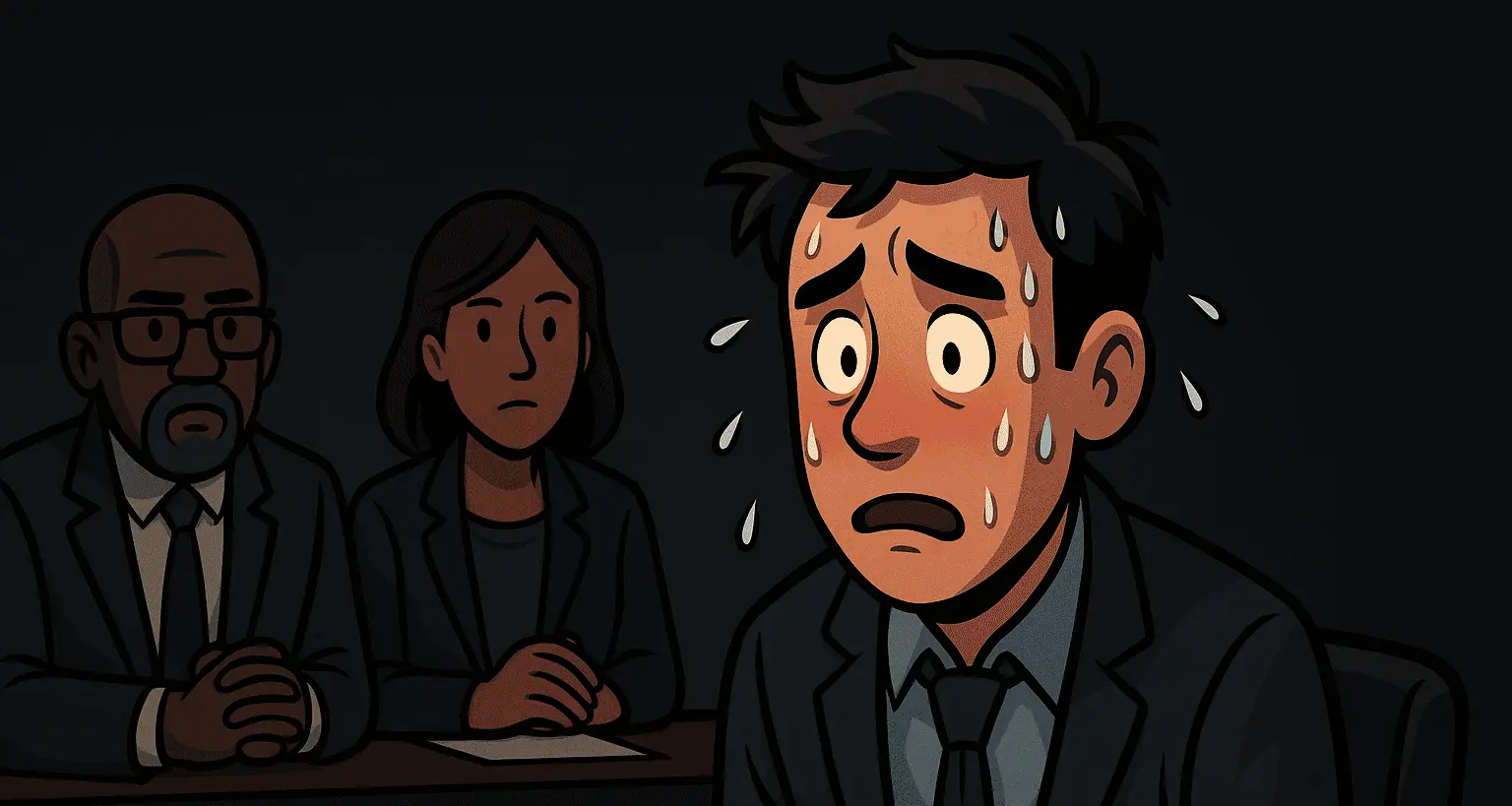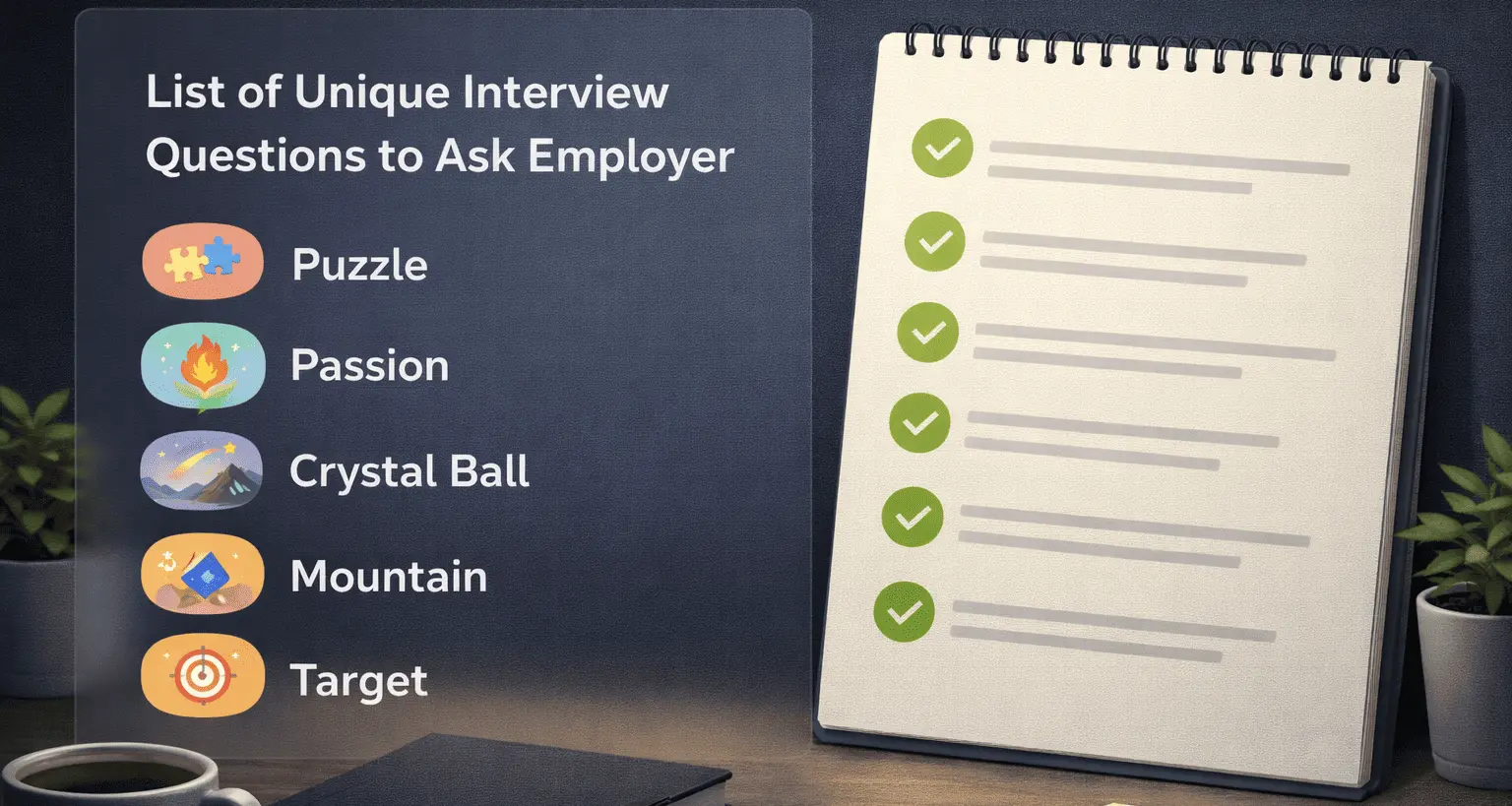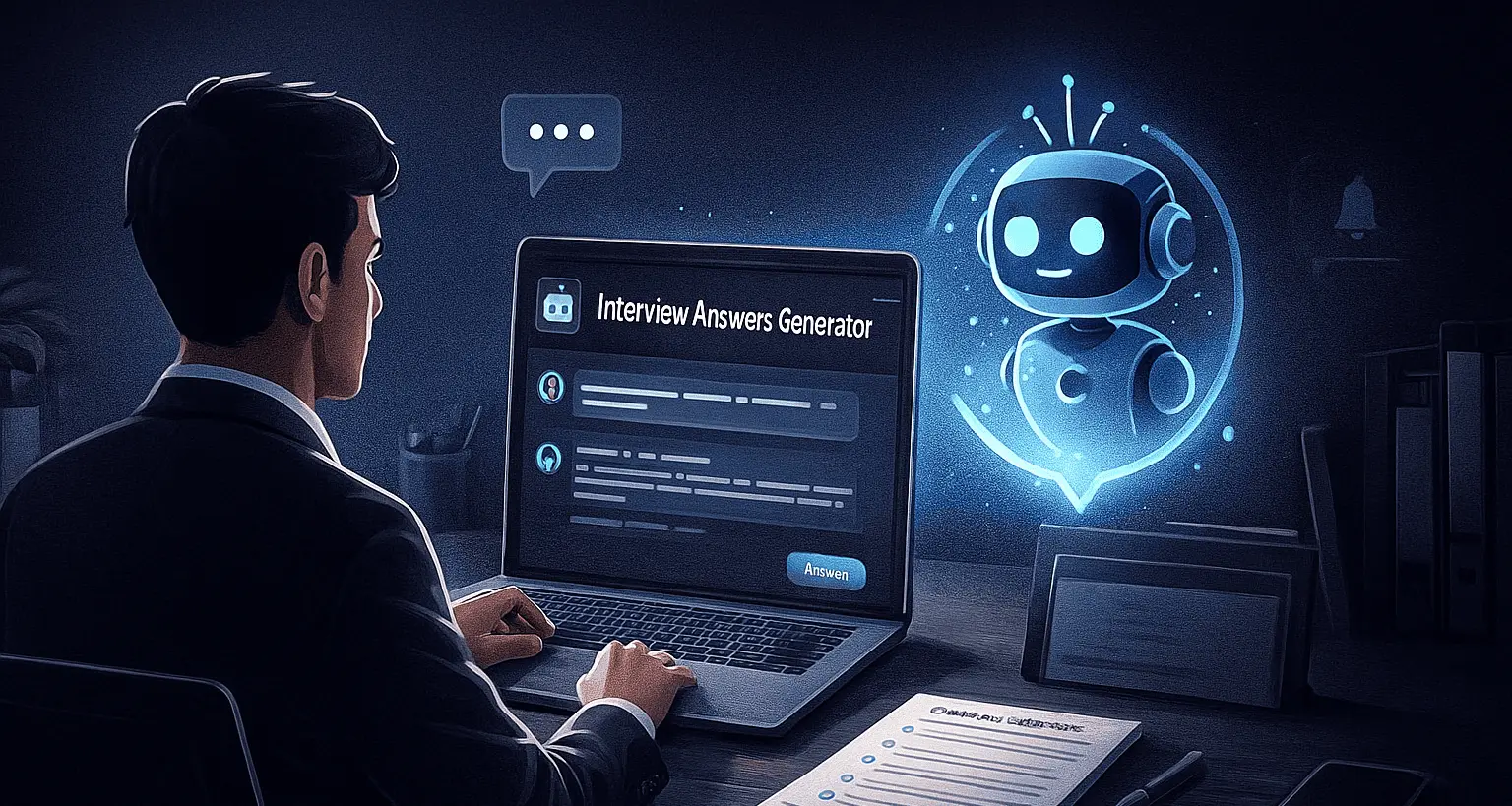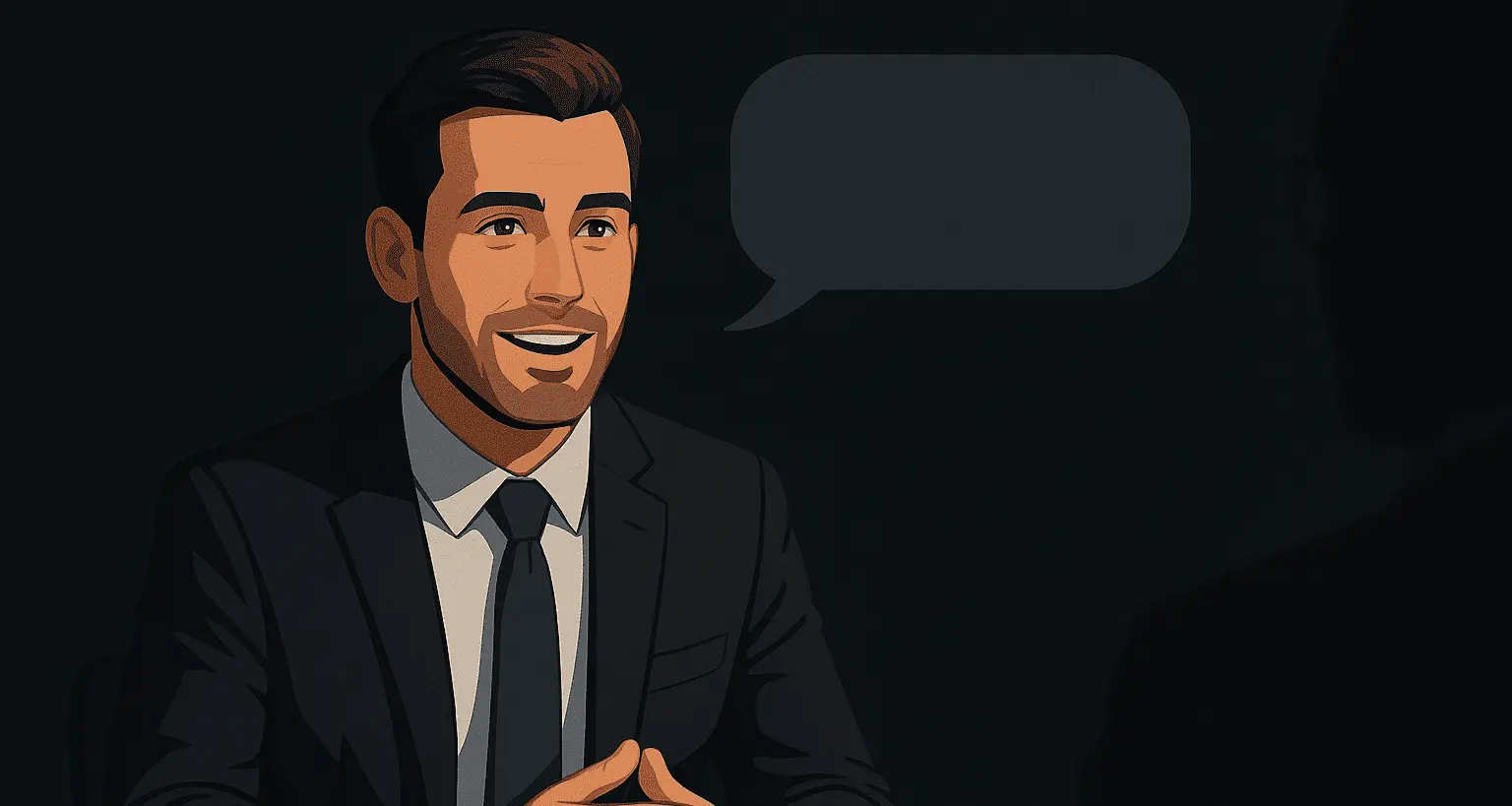Preparing for interview questions and answers doesn't mean memorizing lines or trying to sound like someone you're not. Great interviews come from clarity, storytelling, and understanding what hiring teams truly want to hear. The better you understand the intent behind a question, the easier it becomes to craft responses that feel natural, confident, and grounded in your actual experience.
This guide covers the most common interview questions and answers asked across industries. Instead of generic scripts, we break down why each question exists, what recruiters are assessing, and how to respond with real examples you can adapt to your own background. For more comprehensive practice, combine this guide with mock interview questions to simulate real scenarios.
Why Employers Reuse Familiar Questions
Employers repeat interview questions because each one reveals traits like communication, decision-making, teamwork, leadership, and problem-solving. Once you understand the purpose, you no longer panic trying to guess the “right” answer. You focus on structure, clarity, and results.
How to Use This Guide
You'll find practical interview questions and answers grouped into categories. Each one includes intent, guidance, and a sample response. Treat them as flexible frameworks, not scripts.
General Questions
1. Tell me about yourself.
Purpose: A concise career snapshot.
Sample: "I'm a data analyst with three years of experience turning complex data into clear insights. I automated weekly reporting and saved 13 hours a week. I'm excited about this role because of your focus on experimentation."
2. Why do you want this job?
Sample: "This role blends technical work with customer impact. I admire how your team ships quickly while staying user-focused, and that's where I do my best work."
3. What are your strengths?
Sample: "Systems thinking and communication. I break down complex problems, structure them clearly, and translate them into actionable steps." For a deeper walkthrough, see our guide on how to answer “What is your greatest strength?”.
4. What are your weaknesses?
Sample: "I used to hold tasks too long out of responsibility. I now use structured delegation check-ins, and the team moves faster."
Behavioral Questions
5. A time you faced conflict.
Approach: STAR method, showing clarity and empathy.
6. A time you led a project.
Tip: Emphasize direction, decisions, and measurable results.
7. Tell me about a failure.
Sample: "I underestimated a deadline early in my career. Adding buffer time and proactive communication improved delivery accuracy."
Technical & Situational Questions
8. Walk me through a complex project.
Approach: Challenge → role → decisions → results.
9. How do you ensure quality?
Sample: "Peer review, targeted tests, and validating assumptions with users."
10. Describe a technical challenge solved.
Tip: Use STAR and quantify impact.
Culture & Fit
11. What environment helps you excel?
Teams that value clarity, trust, and experimentation.
12. How do you handle stress?
Planning, prioritizing, and taking short resets.
13. What motivates you?
Solving meaningful problems that help users. Not sure how to frame this? Read our step-by-step guide on how to answer “What motivates you?”.
Bonus Tips
- Record your answers to improve pacing.
- Prepare 5–7 STAR stories.
- Ask for clarification instead of guessing.
- After the interview, send a thank you email to reinforce your fit.
You don't need memorized lines to deliver strong interview questions and answers. What matters is structure, clarity, and understanding the intent behind each question.
Speak your answers out loud, refine your stories, and get feedback. With consistent practice, delivering clear interview questions and answers becomes second nature.
Your Next Steps
Great interviewing is about clarity, communication, and demonstrating how you solve problems. Use these interview questions and answers as a foundation and adapt them to your real experiences. Authenticity always resonates more than memorized lines.







